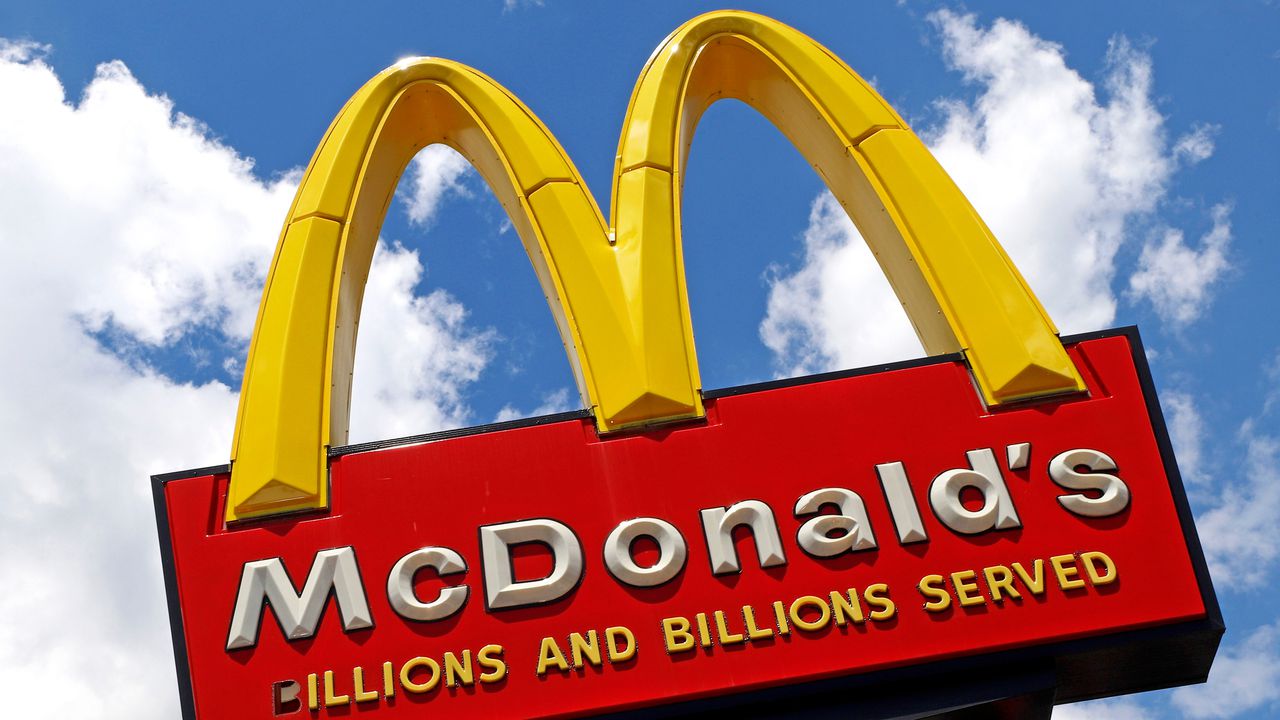Alabama McDonald’s McNugget Happy Meals exposed children to E.coli, lawsuit claims
Six children from three different families were exposed to E.coli bacteria after eating Chicken McNuggets Happy Meals at an Alabama McDonald’s, and four of them became so ill they were hospitalized in Birmingham, according to a lawsuit.
The lawsuit was filed following a spate of illnesses in the children in March and April after they visited the fast-food restaurant in Ashland in Clay County.
Beasley Allen attorney Ben Locklar filed the suit on behalf of the children’s mothers – Emily Puckett, Kristen Meek and Ashley Myers.
Named as defendants are Deck Foods Inc., a franchise that owns multiple McDonald’s in Alabama, and MD Foods LLC, an affiliate of Deck Foods that assists with food purchasing, food safety evaluations, and food handling training.
Efforts to reach representatives for the defendants weren’t immediately successful.
“Our clients, like many others who visited the restaurant during the end of March and beginning of April, expected the food they purchased for their children from McDonald’s to be safe, but it wasn’t.,” said Locklar said in a press statement announcing the lawsuit.
“After eating Chicken McNuggets Happy Meals, our clients’ children became ill,’’ he said, “resulting in four of the children being hospitalized with a potentially life-threatening condition.”
According to the suit, Alabama Department of Public Health investigators inspected the restaurant and found numerous serious violations and an “environment ripe for cross-contamination.”
The six children developed symptoms consistent with E. coli exposure, including diarrhea and vomiting.
Five of the six tested positive for the bacteria after eating at the restaurant around the end of March and beginning of April, the suit contents.
Four of the six children were admitted to Children’s Hospital in Birmingham after “experiencing severe adverse effects,” including hemolytic uremic syndrome (HUS) due to E. coli exposure.
HUS is a condition that can occur when the small blood vessels in kidneys become damaged and inflamed.
In recent years, McDonald’s switched its hamburger patties from frozen to fresh over the concerns of franchise owners and others that changing its products could increase the risk of cross-contamination, the suit contends.
Contamination of meat is the main transmission route of E. coli, and without following specific safety protocols, E. coli carried by the meat for the hamburger patties could be transferred to other food products, such as McNuggets, especially where those foods are prepared in close proximity or where food preparers handle both beef and chicken, according the lawsuit.
“ADPH investigators’ findings support the likelihood of cross-contamination at the Ashland McDonald’s,’’ the suit states.
The agency launched the probe after it was notified of E. coli-positive samples collected from two children. Investigators visited the restaurant and found several violations, including improper handwashing, improper food-management practices, and improper glove-wearing.
Additionally, the samples collected from the children that were E. coli-positive revealed they likely had a common source, the suit states.
During the time that the six children ate Happy Meals from the Ashland McDonald’s, several employees called in sick from work, with at least three having symptoms that may also have been consistent with exposure to E. coli.
It is unknown at this time if these employees were tested or had symptoms consistent with E. coli exposure.
“Each of the mothers were placed in substantial fear of the permanent harm and the risk of death of their children while hospitalized or while care for at home,’’ the suit states.
The mothers, according to the lawsuit, “continue to live with great fear, concern and heartache knowing that their children suffered significant and permanent injuries and will likely need care and treatment for the rest of their children’s lives.”
